
OPINIONS
21-04-2020 by Giovanna Grampa
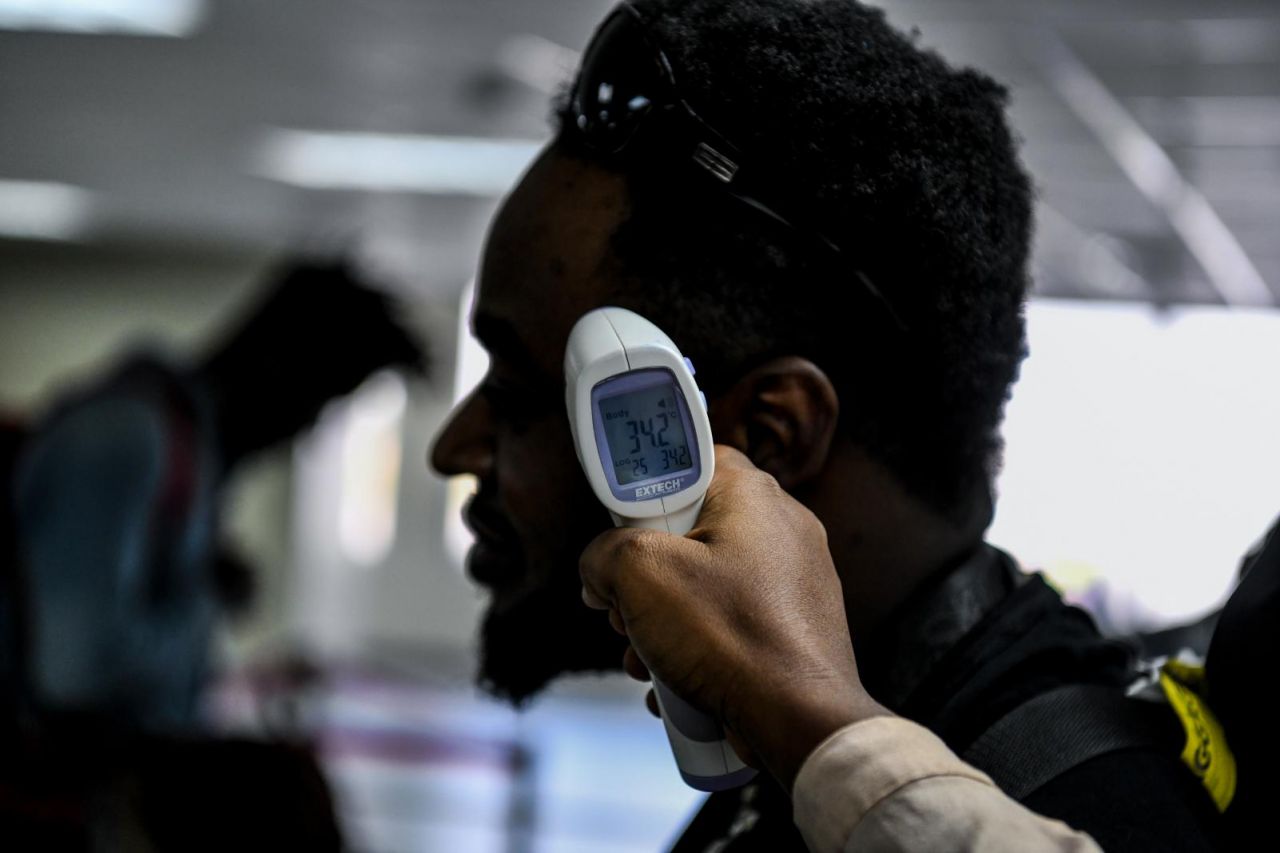
Now that in Italy and Europe the virus is slowing down its spread after two hellish months, there are those who bet and insist with newspaper articles that it will soon be Africa, Kenya included, predicting dramatic and catastrophic scenarios. But these press outlets perhaps do not know how decisively and promptly Kenya has tackled the pandemic problem, so much so that I think some thoughts on the matter are due.
About a month ago, President Uhuru Kenyatta, with the help of a task force of 21 experts, immediately issued a few clear rules to counter the spread of the virus when he heard the first case of positivity: a ban on assembly, social distance, health rules, compulsory masks, suspension of domestic and international flights, curfews from 7 p.m. until 5 a.m., closure of non-essential activities and, lastly, a ban on moving between counties with a few people who tested positive for the coronavirus. The problem lies in enforcing these directives.
In Italy, after the health alarm launched by the WHO as early as the end of January 2020, given the massacre of Wuhan in China, the Government, using a task force of about 300 brainiacs, including Istituto Superiore della Sanità, Protezione Civile, technical-scientific committees, extraordinary commissioners and whoever has more, the more, has been stalling, reassured the citizens saying that everything was under control and that the population did not have to worry.
On the contrary, the same "experts" virologists, who today have condemned us to house arrest in the hope that they will not turn the elderly into life imprisonment, said with absolute and arrogant conviction that talking about the spread of the virus in Italy was pure science fiction, also ensuring that it was a trivial flu.
And so, as a consequence, aperitifs were organized, embraced Chinese, devoured spring rolls in favor of cameras, even wearing T-shirts with the words "Milan does not stop", when the cities already had to close. A national ordinance was not immediately made and the epidemic exploded like a tsunami, with the heartfelt and silent thanks of Covid-19.
The Kenyans were forced to immediately put on a mask to protect themselves from infection. And it doesn't matter whether it's surgical, ethnic printed cotton, made from a coconut or a large salad leaf, photos that are also on social media because the only vaccine against the fear of the virus for now is irony. The important thing is to wear it even if, absurdly enough, you drive your car and you're alone. And I can't help but praise the great heart of the Italians in Malindi, who have created praiseworthy solidarity initiatives, distributing masks for free to the population.
Let's see in Italy how the problem has been tackled by the plethora of super-experts who, in February, ridiculed the use of masks by stating, with sufficiency, that it was better to wear a Carnival mask! The virus has such a small size, just a few microns, that it passes everywhere, except for the EEC standard type with filter, intended for healthcare workers.
For a good two months they told us that they were useless and that they had to bring only the infected so as not to infect the next one. Except then to tell us that there are so many asymptomatic people around that they spray droplets (droplets) in industrial quantities, so it was better to protect yourself even with a simple scarf or foulard, in the absence of the classic masks, unobtainable and sold by weight of gold, practically to the carat from some pharmacy supplied. And so the mask became useful. But its effectiveness, experts say, is not total because it stops only the largest droplets, thus providing contradictory indications compared to the previous ones. We have been accustomed for months now to hear a virologist who one day says white and the next day, with the same confidence, says black.
Little use has been made of the personal initiatives of entrepreneurs who wanted to convert their company to produce masks, lacking throughout the country, in times of emergency. They had to face a thousand problems for certification by stumbling through bureaucratic procedures before they could distribute their product to the population, if they succeeded.
I also understand that, in Nairobi and other equipped cities, before entering a shopping centre or in areas with a high human density, fever is measured and a first selection of possible positive cases is made in the presence of a value equal to or greater than 37.5 degrees.
A few weeks ago I received a rather ironic message from a friend who lives in Nairobi telling me that before entering a well-known supermarket, the Village Market, his body temperature was found to be 35 degrees Celsius, he was practically in hypotermia.
We can't do it, he adds disconsolate.
Good! Now I'll tell you what happened to me no later than a few days ago. The temperature control at the entrance to the grocery stores until recently was considered by some government officials as an act against privacy. Finally now something is moving and even the supermarket near my house has decided to measure the temperature of the customers before the entrance.
I'm amazed when I hear myself say, "35 ma'am, please come in!"
Find the differences!!! Anyway, we need to assign an ex-equo between Kenya and Italy. We can't do that.
Another fundamental rule is to wash your hands often because the virus is afraid of water, in fact it just passes to better life, and keep your homes clean by disinfecting the surfaces with chlorine or alcohol based products.
I do not believe that in Kenya the conscientious citizen has fallen ill with "rupophobia" like us in Italy, that is to say, washing his hands maniacally for fear of dirt and therefore also of the virus.
Every day on television they teach us how to wash our hands, how to disinfect taps and door handles, how to put groceries in the refrigerator before taking off our gloves, how to clean our mobile phones, how to press keys with the elbow, how to change our shoes before entering the house because the virus could also fix itself on the asphalt.
And if we then take our dog out for his daily needs, when we come back we have to wash his paws...but not with bleach, as it has already happened, otherwise we cause our pet very serious and painful dermatitis. And absurdly, Italians discover themselves to be owners of dogs and not of children because the little ones must stay at home and it is forbidden to let them walk in the open air, even near their home.
Then we have the cleanest houses in the world, sterile as operating theatres. I myself cleaned the unthinkable so much that, after vacuuming, even the washing machine today asked me for holidays!
And my hands look like the legs of a pangolin, with scales.
Certainly in Kenya the real problem is to enforce the rules and social distancing, but also in Italy we are not joking. The desire to escape is so overwhelming that there are those who go shopping 11 times a day, those who queue at the post office with the excuse of having to make a deposit to Friar Guess or a donation to Our Lady of Lourdes, and those who, in the absence of the dog, walk a dwarf rabbit or turtle, just to make them walk a little '.
We are exhausted by the tide of omniscent people, a real tower of Babel, who explain us what to do and what not to do, reducing our quarantine (now sixty) to a hibernation, afflicted by the compulsive snack syndrome that will make us sick anyway and gain a few extra pounds. We are all "siblings of size" while the food industry increases its turnover despite restaurants and hotels closed for over two months.
The damage done by expert virologists in the virus epidemic is enormous, just look at the figures. Kenya after a month of lockdown recorded 281 infections on 20 April and few deaths.
In Italy after one month, and precisely on March 20, the infected were almost 38,000 with over 4,000 deaths. We experienced the real catastrophic situation in Italy and we are still not out of the tunnel.
We hope that Kenya will overcome this pandemic with as little damage as possible and that everything will soon return to normal. I like to think of the virus as an evil corpuscle that in front of the blue skies, the cheerfulness of the people, the red-hot temperatures back, preferring dark climates and grey skies.
Vade retro Satana! I hope that Africa, with all the contradictions of the case, will stop its crazy project of destruction of humanity.
NEWS
by redazione

The malaria vaccine is ready, tested and will be marketed in Kenya, Ghana and Malawi in 2018.
The agreement was reached by Glaxo, the pharmaceutical multinational who bought the vaccine, and the African states that, after attending tests lasting more...
HEALTH
by redazione

In fourteen counties of Kenya, prevention for the Coronavirus emergency has already begun and the rules...
PREVENTION
by Leni Frau

One category at a time, to raise awareness and provide tools for prevention.
These...
NEWS
by redazione

Kenya is preparing to close as many doors to the Coronavirus as possible.
After yesterday's ...
HEALTH
by Freddie del Curatolo

Dr. Mauro Saio, Italian luminary of Tropical Diseases and for forty years at Nairobi Hospital, one of the ...
NEWS
by redazione

"Don't think we've reopened the country because we're containing the virus or we've beaten...
NEWS
by redazione
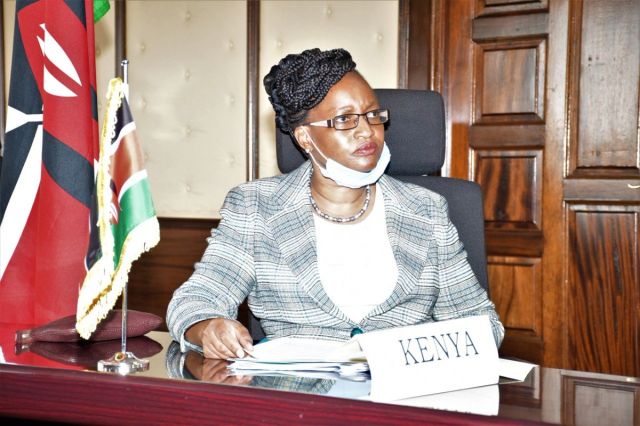
The Kenyan government for now will not close international flights to countries where the new...
VISAS AND NEWS
by redazione
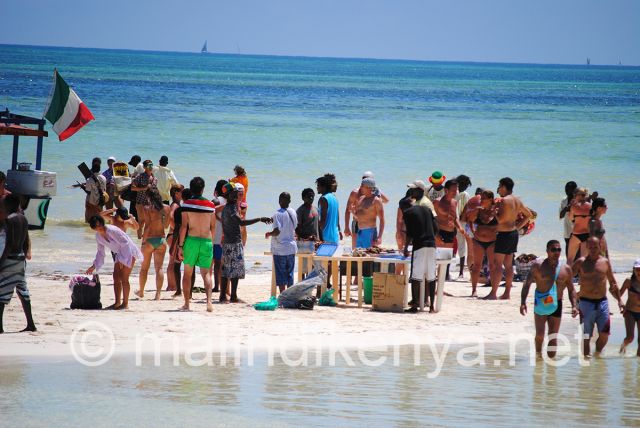
Among the many negative proposals, especially related to increases in costs and fees, the...
PREVENTION
by Leni Frau
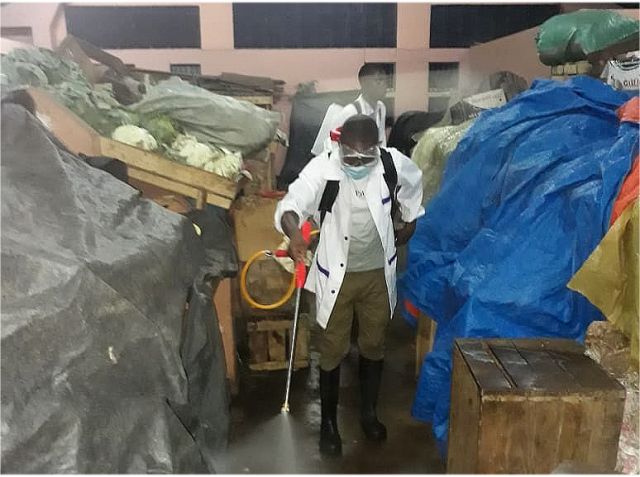
Kilifi County is among the regions of Kenya that were the first to take action to prevent Coronavirus contractions in ...

There are no substantial changes in travel between Italy and Kenya and vice versa in the new...
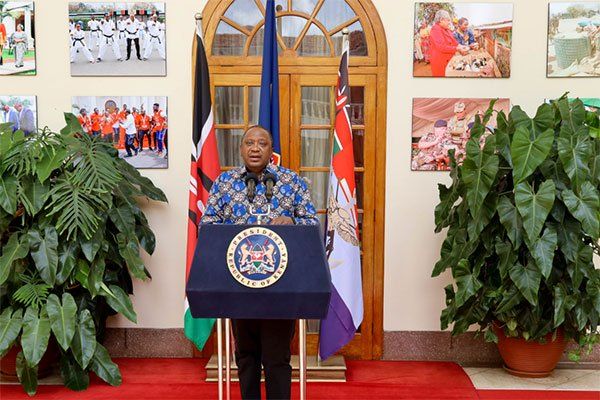
It was directly the President of the Republic of Kenya, Uhuru Kenyatta, who updated the nation to ...
SERVICES
by redazione

In times of Covid-19 and security protocols especially for the tourism sector, but also for prevention in meeting places...
NEWS
by redazione
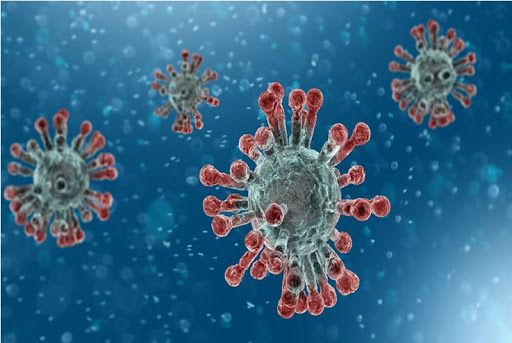
The African Centre for Disease Prevention and Control will be established in Kenya.
This...
CORONAVIRUS
by redazione

There are 24 new cases of positive Covid-19 virus in Kenya in the last 24 hours, a negative record since the ...

After the peak reached at the end of August, in Kenya there has been...
NEWS
by redazione

Finally Kilifi County has a modern healthcare facility dedicated to the Coronavirus pandemic...